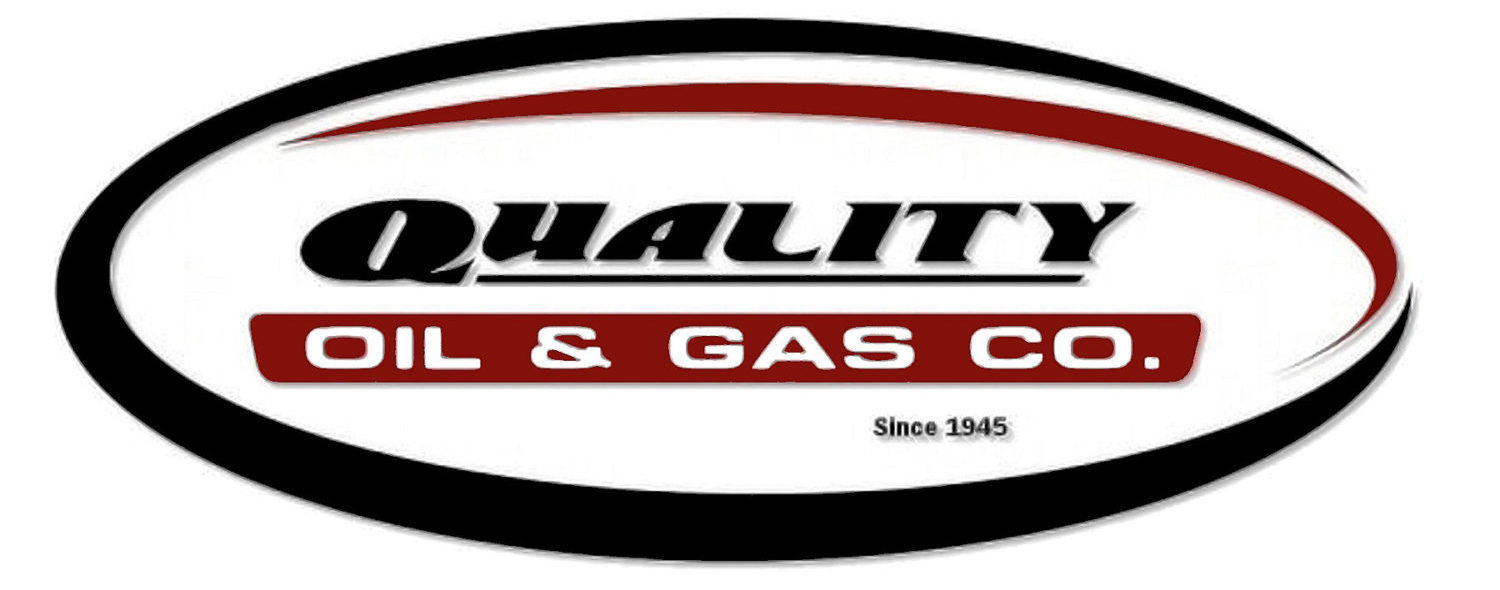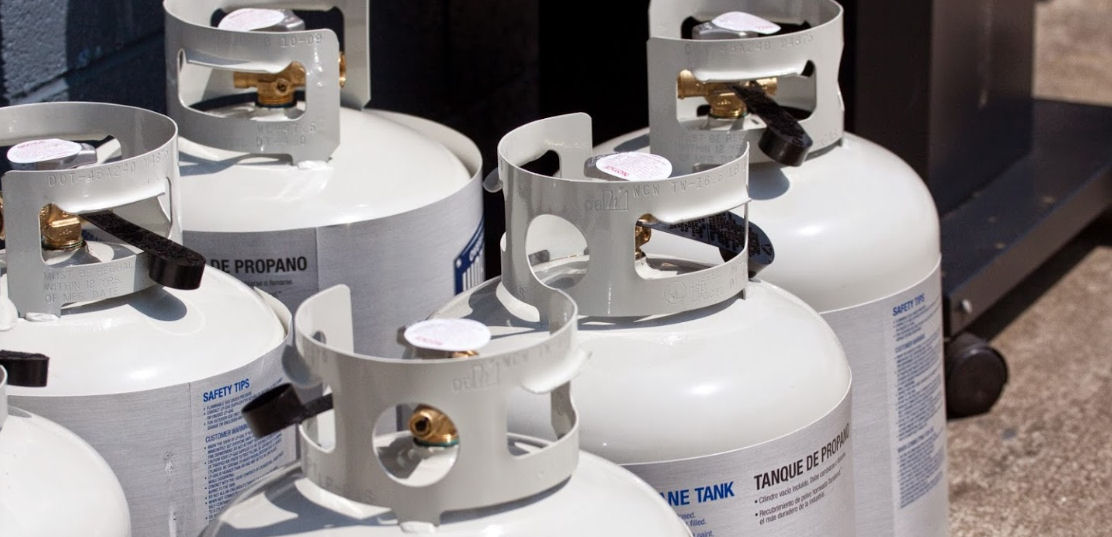New Propane Tank Rules
RALEIGH – Attention backyard grillers: home cooked steaks and burgers on your patio grill may become a smoky memory starting this spring if you fail to ensure your grill’s propane tank has a new kind of a safety valve.
A new ruling published by the National Fire Protection Association and adopted by North Carolina states that as of April 1, 2002, all propane tank cylinders without overfill protection devices (OPD) are prohibited from being refilled by anyone. For consumer safety, OPDs have been required on all new propane cylinders with a capacity from 4 pounds to 40 pounds since Sept. 30, 1998. The OPD, which is a part of the filling valve, serves as a safety shut-off device and prevents overfilling of propane cylinders to avert propane release, fire and possible injury. Most cylinders with a triangular valve wheel have an OPD. Cylinders that have an overfill protection device will also have the letters “OPD” on the valve hand wheel and the side of the valve. Cylinders with a round or star-shaped valve wheel usually do not have an OPD.
Consumers who own a propane cylinder not equipped with an OPD may choose either to have the old valve removed and replaced with an OPD or to take the old cylinder to an exchange cabinet, like those at convenience and hardware stores, and pay an upgrade fee for a new cylinder with the OPD device. In some areas, larger cylinder exchanges like Blue Rhino and RapidXchange may take old cylinders and charge a one-time upgrade fee in exchange for new equipment. Cylinders with the new OPD valves can be found at propane companies, hardware stores and discount stores.
Some propane providers can take your old cylinder and refurbish and reuse it. If, for some reason, you are unable to exchange your cylinder, RECYCLE IT! Propane cylinders are made of metal and can be recycled as metal scrap. Be sure to call ahead to your local scrap metal dealer to see whether they accept cylinders and how to handle them before recycling.
Tips for owners wishing to dispose of obsolete propane tanks:
- If your cylinder is damaged, obsolete or unable be retrofitted, you should not abandon it. Doing so could create serious environmental and safety problems.
- DO NOT PUT YOUR CYLINDER INTO A DUMPSTER OR OTHER DISPOSAL CONTAINER. This could create an explosion hazard.
- Avoid cutting the tank with a torch or cutting wheel. Your cylinder may still contain propane and create a potential fire and explosion hazard.
- Always keep your propane cylinder stored upright until you can recycle or exchange it safely.

